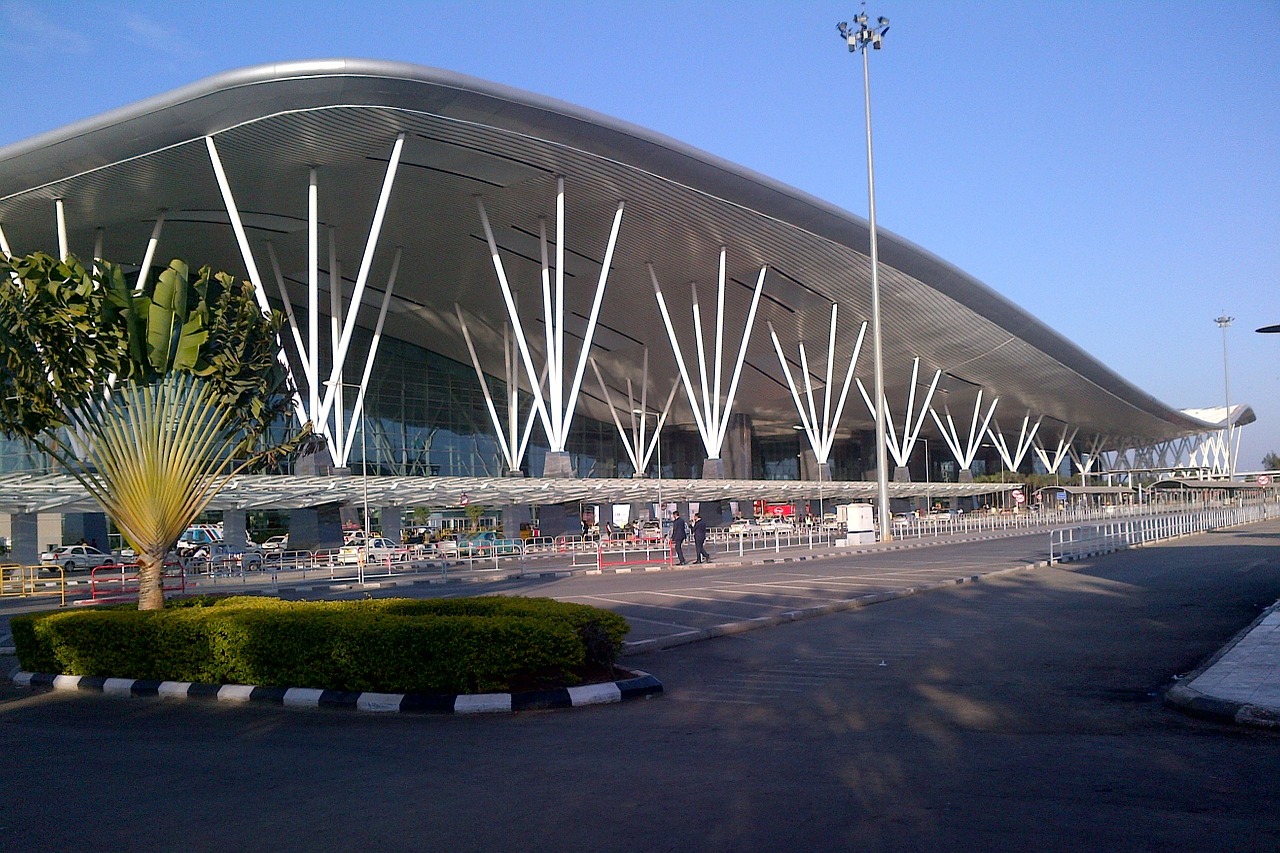 According to the International Air Transport Association (IATA) India is set to become the 3rd largest aviation market by 2025, with air travel reaching USD 30 bn and growing at 15% y-o-y. In order to keep up with this demand, airports in India need to be built to ensure higher productivity and efficiency while simultaneously being aesthetically advanced. The potential of advanced digital technologies in driving this transformation is now being recognized in India as Bangalore International Airport Limited (BIAL)— operator of Kempegowda International Airport , Bengaluru (BLR Airport)– recently mandated Building, Information Modeling (BIM) as the design and planning platform for the construction of Terminal 2 (T2). The project team at BIAL will use Autodesk BIM 360 to manage the entire project lifecycle from design, fabrication, and construction to operations and maintenance. While globally, there are many airport infrastructure projects (such as Istanbul Airport) that have used BIM for end-to-end project delivery, the BLR Airport will be the first to do so in India. BIM 360 will improve project delivery by supporting informed decision-making throughout the project lifecycle. From design collaboration, documentation and reviews, to pre-construction and operations, it will connect the people, data and workflows. “As part of our digital transformation, BIAL will look to leverage the full extent of digital design under the Autodesk suite from design to on-site construction, asset and facilities management. BIM will enable us to develop new and innovative infrastructure, thereby setting new benchmarks.” said Tom Shimmin, Chief Project Officer, BIAL. Sunil MK, Head of AEC at Autodesk, India & SAARC said,“Many developed countries have mandated BIM in buildings and infrastructure projects, leading to better construction efficiency, lower cost and less negative impact on the environment. It is the right time for India to adopt this industry best practice to realize the country’s vision in infrastructure development.” The T2 project will be built in phases with Phase 1, covering 255,000 square meters, expected to be operational by March 31, 2021. The first phase of this terminal will cater to 25 million passengers per annum (MPPA), while the second phase of Terminal 2 – still in planning stage – will be built for an additional 20 MPPA. Once operational, the combined capacity of both terminals will be 70 MPPA.
According to the International Air Transport Association (IATA) India is set to become the 3rd largest aviation market by 2025, with air travel reaching USD 30 bn and growing at 15% y-o-y. In order to keep up with this demand, airports in India need to be built to ensure higher productivity and efficiency while simultaneously being aesthetically advanced. The potential of advanced digital technologies in driving this transformation is now being recognized in India as Bangalore International Airport Limited (BIAL)— operator of Kempegowda International Airport , Bengaluru (BLR Airport)– recently mandated Building, Information Modeling (BIM) as the design and planning platform for the construction of Terminal 2 (T2). The project team at BIAL will use Autodesk BIM 360 to manage the entire project lifecycle from design, fabrication, and construction to operations and maintenance. While globally, there are many airport infrastructure projects (such as Istanbul Airport) that have used BIM for end-to-end project delivery, the BLR Airport will be the first to do so in India. BIM 360 will improve project delivery by supporting informed decision-making throughout the project lifecycle. From design collaboration, documentation and reviews, to pre-construction and operations, it will connect the people, data and workflows. “As part of our digital transformation, BIAL will look to leverage the full extent of digital design under the Autodesk suite from design to on-site construction, asset and facilities management. BIM will enable us to develop new and innovative infrastructure, thereby setting new benchmarks.” said Tom Shimmin, Chief Project Officer, BIAL. Sunil MK, Head of AEC at Autodesk, India & SAARC said,“Many developed countries have mandated BIM in buildings and infrastructure projects, leading to better construction efficiency, lower cost and less negative impact on the environment. It is the right time for India to adopt this industry best practice to realize the country’s vision in infrastructure development.” The T2 project will be built in phases with Phase 1, covering 255,000 square meters, expected to be operational by March 31, 2021. The first phase of this terminal will cater to 25 million passengers per annum (MPPA), while the second phase of Terminal 2 – still in planning stage – will be built for an additional 20 MPPA. Once operational, the combined capacity of both terminals will be 70 MPPA.
Back
13 JUL 2018